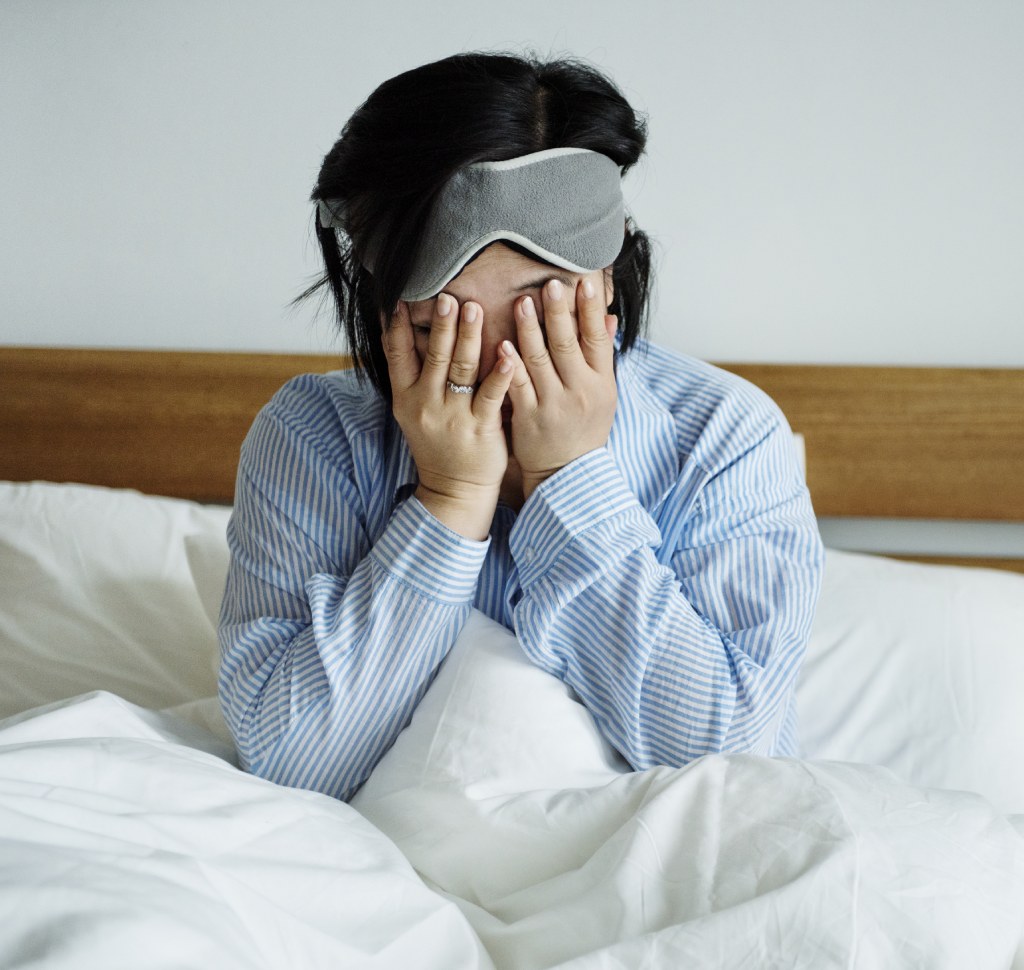Sleep and Cancer: An intense Relationship

Sleeping late is the millennial trend! This generation of night owls trades their sleep for meaningless things. Oblivious of the dark association of Sleep and Cancer!
The relationship between Sleep and Cancer is intertwined (twist or twine together)! Sleep deprivation is a possible cause of cancer. While healthy sleep is a potent therapy in cancer cure!
Sleep deprivation and sleep debt are rampant issues of the modern world. Some are buried in studies. Some are running after unrealistic deadlines. Some are battling insomnia, some depression. The party animals drink and dance till 3 in the morning. And the lone wolfs are glued to the screen scrolling feeds and binge-watching shows.
The bizarre sleep routine turns into a habit. Habit turns into a condition. The rewired condition results in anxiety, stress and depression. It also unfolds the problems of indigestion, obesity and diabetes. All of these pave the path for cancer.
Disrupted Circadian Rhythm and Cancer

A disruption in the circadian rhythm results in devastation. It is the reason behind the epidemics of depression, insomnia, obesity, diabetes and even cancer!!! Sleep deprivation is also the culprit behind cardiovascular diseases.
Circadian rhythm is the body’s biological clock which is in sync with nature’s clock. Many physical and physiological functions are synced to that cycle.
When the circadian rhythms get disrupted, all the physiological functions also get disrupted. It impacts cell growth, repair of DNA damage and gene expression. During deep sleep, the body repairs damaged cells and DNA. It promotes healthy new cell growth and strengthens the immune system.
Research linking Sleep and Cancer
New evidence is emerging that links sleep deprivation and cancer risk. The studies say that long-term sleep deprivation might increase the risk of some cancers. A 2014 study found lack of sleep increases damage to DNA. It may increase the risk of cell replication errors.
Cancer is nothing but the abnormal growth of damaged cells. Our DNA plays a pivotal role in controlling cells behaviour. It determines how the cells grow, repair, and replicate. Hence, an impairment in the DNA might result in cancer!
Sleep deprivation also increases the risk of obesity and diabetes. Both are known risk factors for cancer.
Sleep deprivation and high-risk cancer types
Studies show that insufficient sleep can spike the risks of several types of cancer. It increases the risk of breast cancer, colorectal cancer and prostate cancer. It also raises the risk for thyroid, gastrointestinal cancer, skin cancer, and lung cancer. Disrupted sleep may also contribute to making cancer more aggressive.
An article in NCBI highlighted, “sleep deprivation is a higher risk factor for colorectal cancer.” Insufficient sleep increases the risk of colorectal adenomas. These are polyps found in the colon, which can sometimes develop into cancer.
Multiple studies also quoted “short sleep may increase breast cancer risk”. There’s a growing body of research that remarks night shifts workers are at higher risk of cancer. NCBI highlighted that night shift workers are particularly at a high risk of increased risk of breast cancer.
Melatonin is produced by the brain which works as an antioxidant. Deprivation of sleep results in lower production of melatonin. Hence lower antioxidant activity which may lead to high levels of estrogens, decreased protection for cells from damage thereby increasing the risk of breast cancer.
A 2018 study found that women in night duty had a 19 per cent higher overall risk of cancer. Particularly breast cancer followed by gastrointestinal and skin cancer. The longer the duration of night work, the higher is the cancer risk.
Researchers found that every 5 years of night shift is likely to increase breast cancer risk by 3.3 per cent. Based on several such research WHO has cited night shift as an identified carcinogen. Even the International Agency for Research on Cancer concurs that Sleep Deprivation is a Cancer-causing factor.
Sleep and Cancer Treatment
Sleep and Cancer are intertwined with complicated twigs. It is more important to get good sleep while undergoing cancer treatment. But it is even more difficult to get good sleep during cancer treatment. And it is a lifetime challenge for survivors!

Anxiety, depression and fatigue are constant companions. Digestion problems, breathing problems, hot flashes and night sweats are common too. But it’s the unbearable pain that mounts in the night making it drag through hell.
For people battling cancer, sleep is a challenge and an opportunity. Sleep strengthens the body’s natural powers to push back against cancer. Sleep is also a key preventative strategy that reduces the risk of cancer. It is a potent therapeutic tool in the treatment of cancer.
Ways to ensure healthy sleep
- Good sleep hygiene improves the quality of sleep. Keeping the room clean, dark and cool improves the quality of sleep.
- Physical exercise during the day also promotes sound sleep.
- Manage stress with a warm bath, massage, music and medicines.
- A balanced diet restores the body back to health.
- Avoid sleeping in the day or sleeping till late at night.
- Avoid eating heavy, spicy food that might cause indigestion and discomfort.
- Reduce screen time and put off the gadget one hour before sleep.
- Consult a doctor if the problem still persists.
















